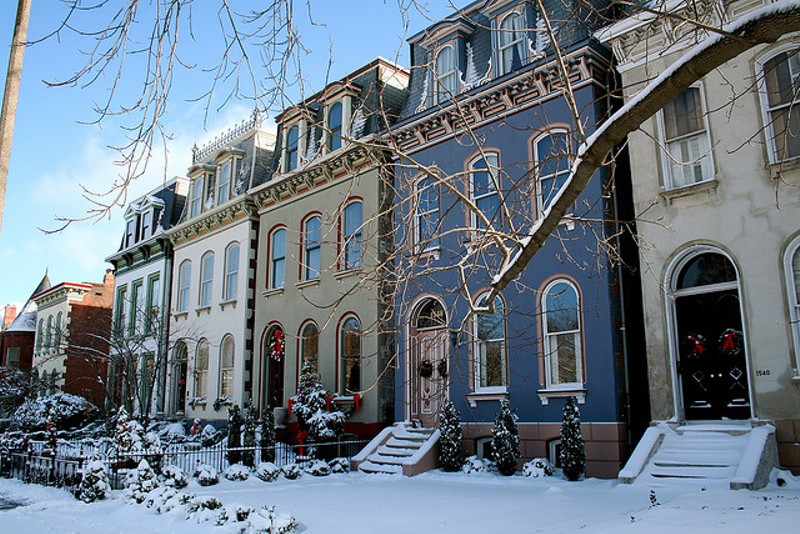The Federal Reserve Board (the Fed) controls the Fed Funds Rate and the Discount Rate. These are overnight loans from bank to bank or from the Fed to member banks. The Fed adjusts the rate to influence the economy. For example, if things are going well, a rate increase may slow inflation. If the economy is struggling, a rate drop could be the boost it needs.
Two important things to remember:
- The Fed can influence, but does not directly set, consumer rates.
- The Fed's rates are short term and often do not impact longer term rates, such as mortgage loans.
Increases in the Fed Funds rate can cause banks to raise their “prime” rates, which are often used to calculate costs of revolving credit or home equity lines of credit (HELOCs).
What about mortgages?
Mortgage loans are a different animal, so to speak. The "agencies" (Fannie Mae and Freddie Mac) pool them together and sell them as mortgage bonds. The amount investors pay for these bonds directly influences mortgage rates.
Bottom Line:
When the Fed moves, it generally provides lots of warning, and markets have already had a chance to react. Markets are constantly responding to other factors as well, from the stock market to global events to consumer spending. In the end, no one can say for certain what the reaction to Fed moves will be.
David Sharp
MiMutual Mortgage
Loan Officer
NMLS# 280482
(314) 260-4360
dsharp@mimutual.com
www.mimutual.info/dsharp
Click Here to Review Comments from Past Clients on Zillow
MiMutual Mortgage
Loan Officer
NMLS# 280482
(314) 260-4360
dsharp@mimutual.com
www.mimutual.info/dsharp
Click Here to Review Comments from Past Clients on Zillow



